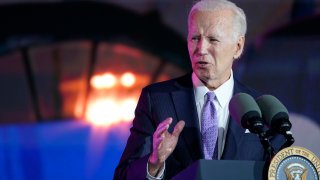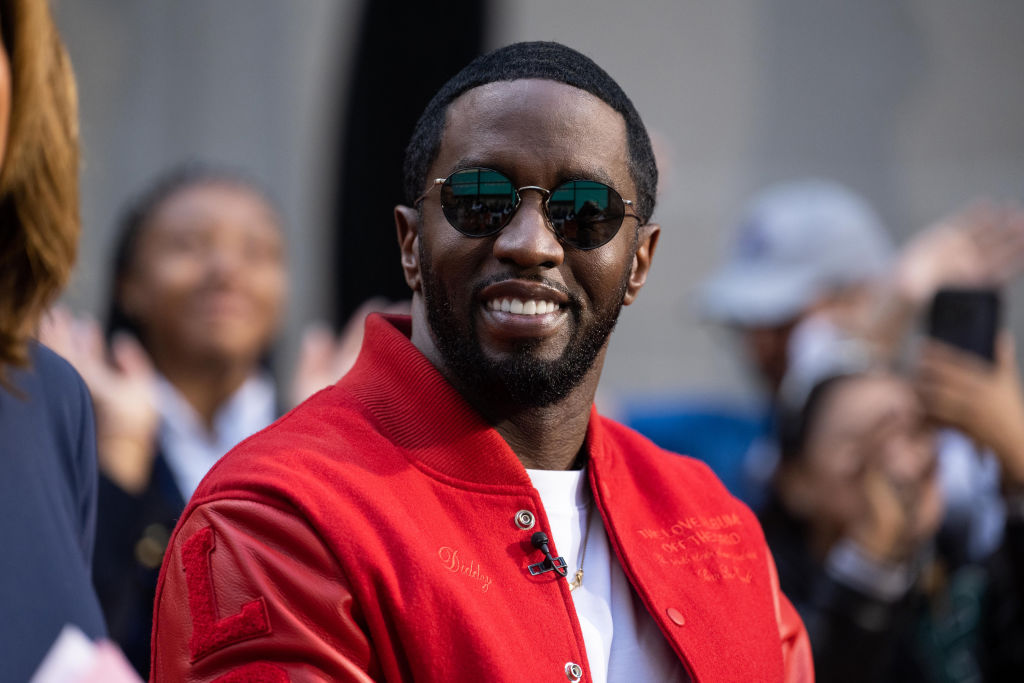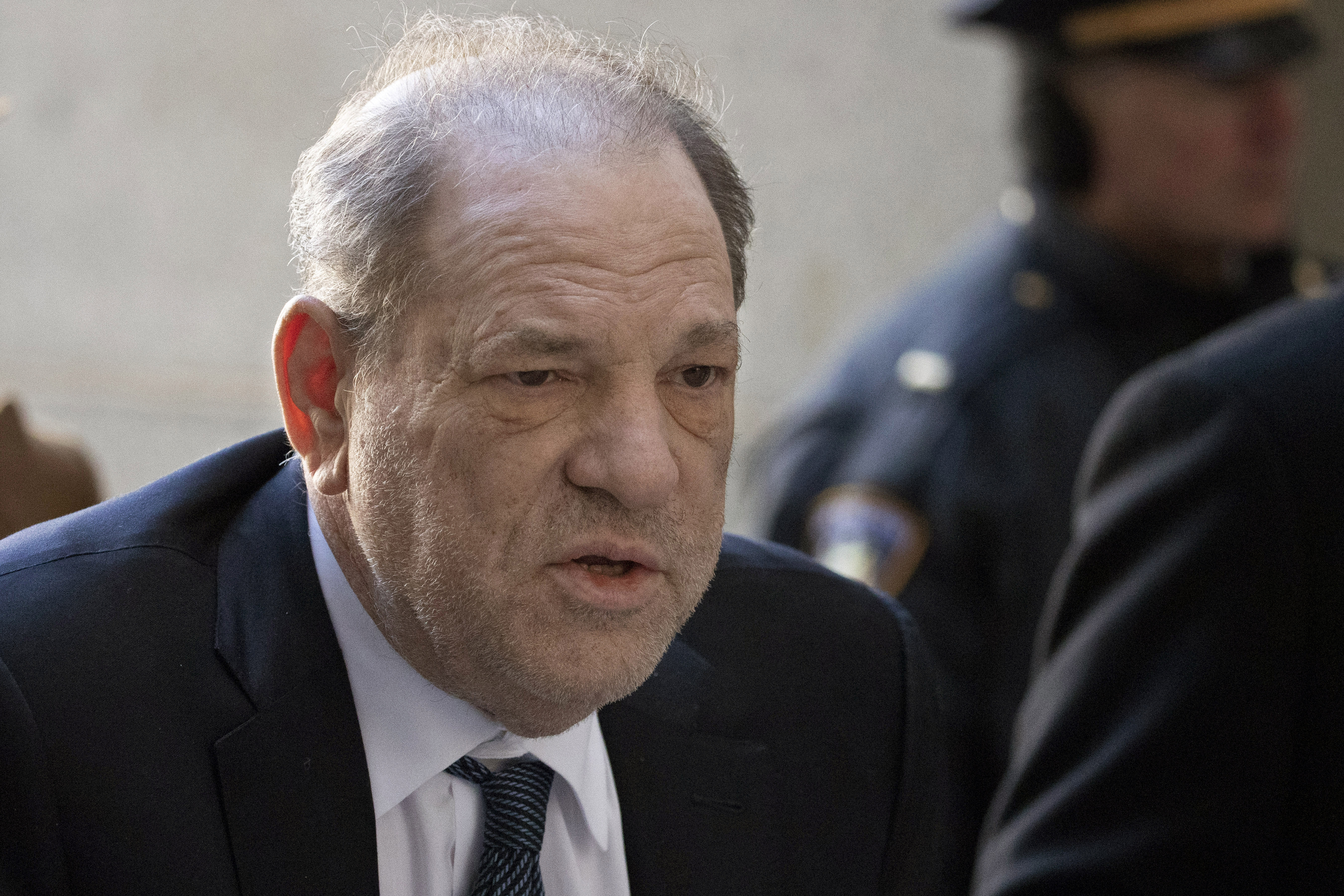
The state Supreme Court is mulling whether the University of Delaware was justified in denying requests from Judicial Watch and the Daily Caller News Foundation for records related to the school’s receipt of President Joe Biden’s senatorial papers.
The justices heard arguments for the second time Wednesday in a long-running legal battle over the records, which have been the subject of multiple FOIA requests. That battle is playing out amid increased scrutiny of the handling of government documents by elected officials, including this week’s indictment of former President Donald Trump for allegedly mishandling and retaining classified documents at his Florida estate.
Meanwhile, the discovery of documents with classified markings at Biden’s Delaware home and at his former Washington office is the subject of a n investigation by a special counsel. The FBI searched the University of Delaware earlier this year for classified documents as part of its investigation into the potential mishandling of government records by Biden.
Biden donated his senatorial papers to his alma mater in 2012, when he was vice president of the United States. The donation includes more than 1,850 boxes of archived papers and 415 gigabytes of electronic records from his 36 years in the Senate. The donation is subject to a gift agreement that prohibits the records from being made publicly available until two years after Biden “retires from public life.”
Feeling out of the loop? We'll catch you up on the Chicago news you need to know. Sign up for the weekly Chicago Catch-Up newsletter here.
“This is a colossally important gift of significant public interest,” said Willam Green Jr., an attorney representing Judicial Watch and the Daily Caller News Foundation.
In April 2020, Judicial Watch and the Daily Caller foundation submitted requests under Delaware’s Freedom of Information Act for the gift agreement and records of all communications between the university and Biden’s representatives related to the papers.
The university denied the requests, stating that the records sought were not considered public records under Delaware’s FOIA because they don't involve the expenditure of state funds by the school, which is privately governed but receives more than $100 million annually in state taxpayer money. The denial was upheld by the office of Delaware's Democratic attorney general and by a Superior Court judge.
U.S. & World
The Delaware Supreme Court overturned the judge’s decision in December 2021 and sent the case back to Superior Court, ruling that the university had not met its burden of proof to justify the denial. The Supreme Court noted that factual assertions by the university were not made under oath and did not describe efforts to identify any responsive documents.
“Unless it is clear on the face of the request that the demanded records are not subject to FOIA, the public body must search for responsive records,” the justices said. “A description of the search and the outcome of the search must be reflected through statements made under oath, such as statements in an affidavit, in order for the public body to satisfy its burden of proof.”
Despite that ruling, the university apparently did not search for any responsive records. Instead, it submitted a sworn affidavit from a university lawyer who said she was told in January 2020 that no state funds had been used in connection with the Biden papers. She was also told that state funds are not used for the school’s email system, over which any relevant communications might have been made.
With the affidavit, the Superior Court judge concluded that the school “performed an adequate search for responsive documents.”
In fact, however, the university submitted no evidence of any search. The affidavit, meanwhile, was based on conversations that took place four months before Judicial Watch and Daily Caller News Foundation even filed their FOIA requests — and almost two years before the Supreme Court ruling.
“The university performed no search related to the requests,” Green argued Wednesday. “It reviewed no documents apart from the gift agreement, but rather relied on previous inquiries of university staff. “
Given the lack of a document search, Justice Abigail LeGrow asked university attorney William Manning how the university’s actions were consistent with the court’s prior ruling.
Manning argued that if the school determined that there was no expenditures of state funds, it was not obligated to conduct a document search. The university, he argued, must demonstrate only how it came to that conclusion. Manning also said it was reasonable for the university to base its conclusion on internal conversations that occurred before the FOIA requests were submitted.
“I think university officials are entitled to make a judgment whether information gained four months earlier was reliable, and they did,” he said.
The court is expected to rule within 90 days.



